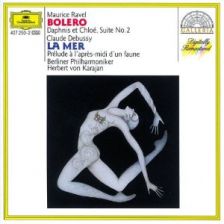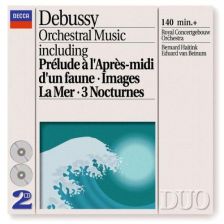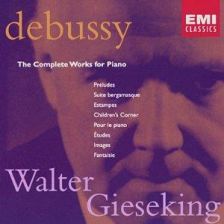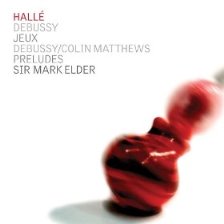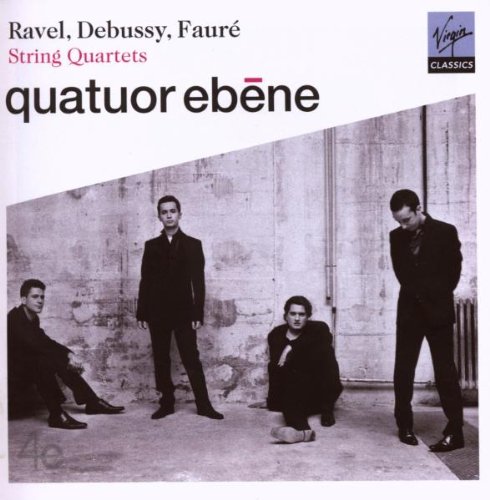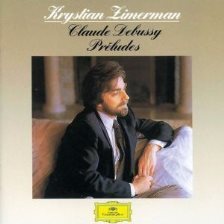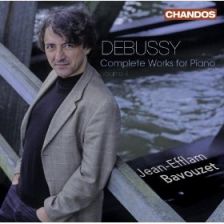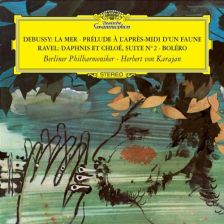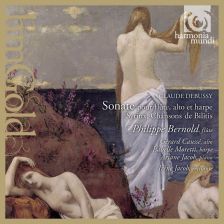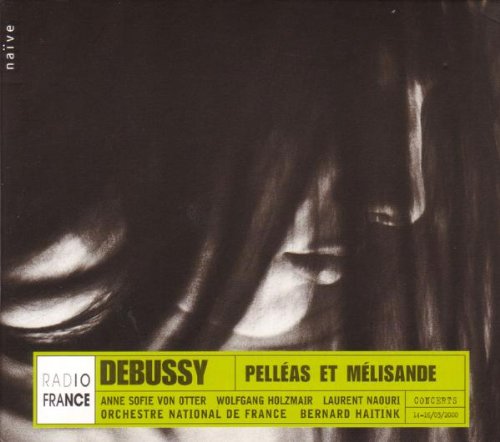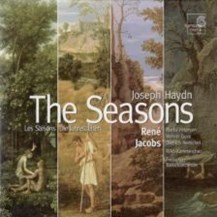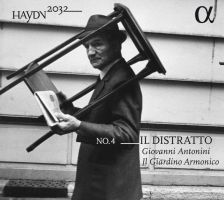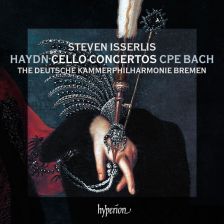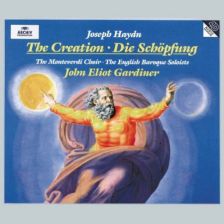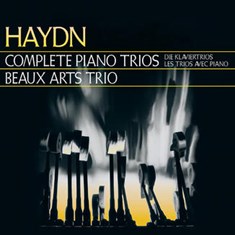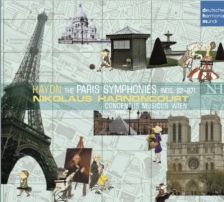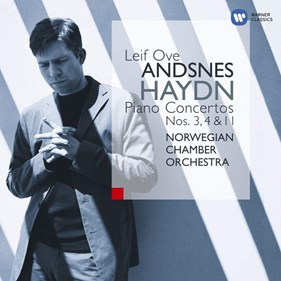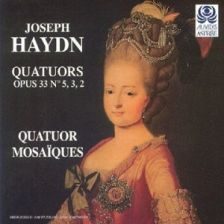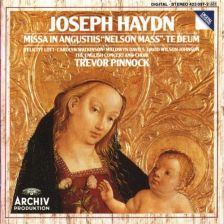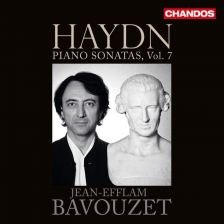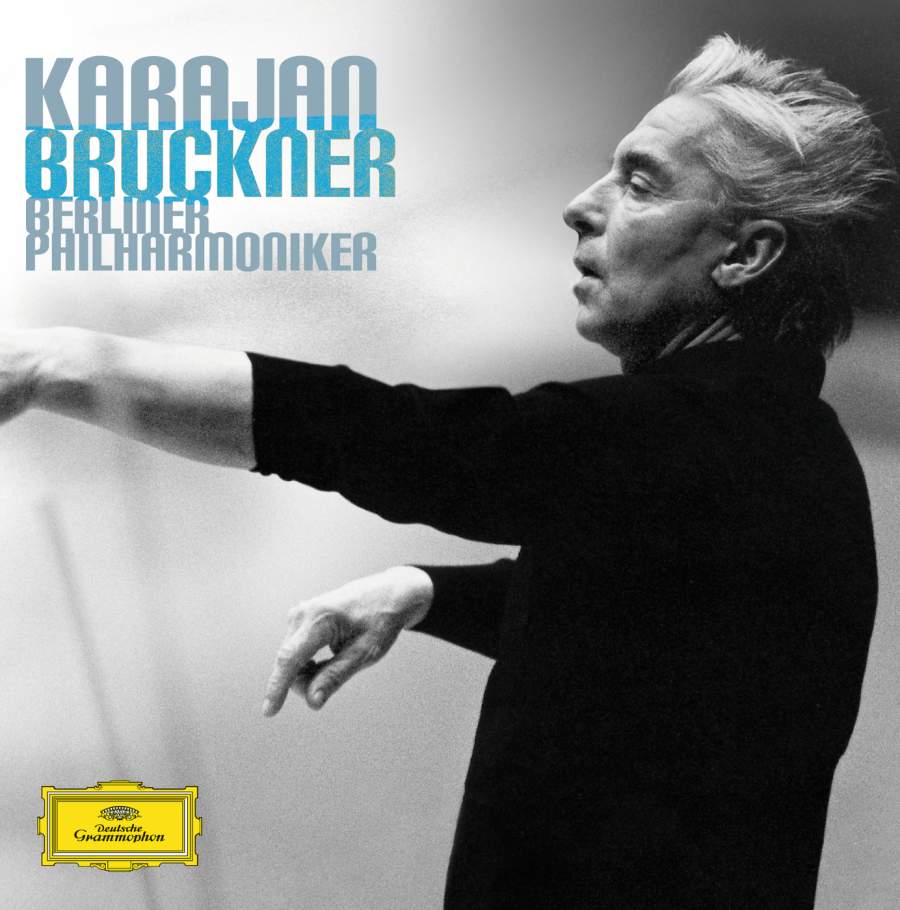
Symphonies (Complete)
Berlin Philharmonic Orchestra / Herbert von Karajan
(DG)
'Karajan's understanding of the slow but powerful currents that flow beneath the surfaces of symphonies like the Fifth or Nos 7-9 has never been bettered, but at the same time he shows how much more there is to be reckoned with: strong emotions, a deep poetic sensitivity (a Bruckner symphony can evoke landscapes as vividly as Mahler or Vaughan Williams) and a gift for singing melody that at times rivals even Schubert. It hardly needs saying that there's no such thing as a perfect record cycle, and Karajan's collection of the numbered Bruckner symphonies (unfortunately he never recorded 'No 0') has its weaknesses. The early First and Second Symphonies can be a little heavy-footed and, as with so many Bruckner sets, there's a suspicion that more time might have been spent getting to know the fine but elusive Sixth. However, none of these performances is without its major insights, and in the best of them – particularly Nos 3, 5, 7, 8 and 9 – those who haven't stopped their ears to Karajan will find that whatever else he may have been, there was a side to him that could only be described as "visionary". As for the recordings: climaxes can sound a touch overblown in some of the earlier symphonies, but overall the image is well focused and atmospheric. A valuable set, and a landmark in the history of Bruckner recording.'
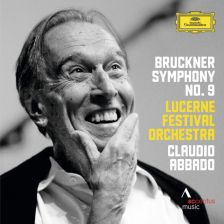
Symphony No 9
Lucerne Festival Orchestra / Claudio Abbado
(DG)
'Claudio Abbado’s 2013 Lucerne Festival concert was not intended to be his last, but the programme – Schubert’s Unfinished Symphony and Bruckner’s own unfinished Ninth – spoke of Last Things. And so in the end it proved.
'Abbado first came to Bruckner’s music during his apprentice years in Vienna. Aged 26 he recorded the First Symphony with the Vienna Philharmonic and two decades later made a memorable recording of the Fourth with the same orchestra. His Bruckner could on occasion seem merely dutiful. I recall a somewhat faceless account of the Seventh Symphony at the 1984 Salzburg Festival and a live 1996 recording of the Ninth both with the Vienna Philharmonic. This Lucerne Bruckner Ninth is something other.
'In his distinguished booklet essay, the Italian writer and broadcaster Oreste Bossini speaks of the performance’s polyphonic transparency and the naturalness and fluidity of its pacing. Even in the
'Bruckner Symphony No 9 Lucerne Festival Orchestra / Claudio Abbado DG F 479 3441 (9/14) Producer Georg Obermayer Engineers Urs Dürr, Toine Mertens 96 votes most expressive parts of the Adagio, he writes, one has the sense that the music is always in motion, ‘never leaning towards pointless self-pity’. I cannot recall a finer account of this movement, where conductors can so easily lose their way, and players too in those passages of trackless wandering where they find themselves in foreign keys and unusual registers.
'Abbado’s reading of the vast first movement is in time but not entirely of it. On occasion the pulse hangs by a thread. Yet it is a thread that never breaks, like a life that has peaks yet to climb before it makes its quietus.
'All performances are unrepeatable but this is unrepeatable in a particular sense. The Lucerne Festival Orchestra was a unique assemblage of musicians to whom Abbado entrusted his thoughts and feelings about Bruckner’s anxious song of farewell. They in turn repaid him with playing of rare concentration and understanding.' Richard Osborne
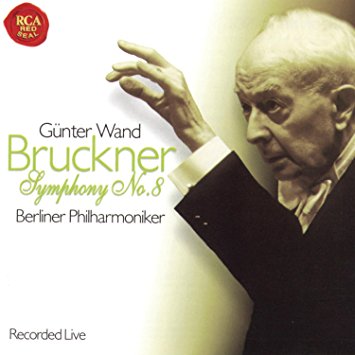
Symphony No 8
Berlin Philharmonic Orchestra / Günter Wand
(RCA Red Seal)
'This new Eighth is exceptionally fine. When in the Scherzo you sense that the mountains tllemselves are beginning to dance, you know you are onto a good thing; on this occasion, Olympus itself seems to have caught the terpsichorean bug, Not that anything is exaggerated or overblown. After all these years, Wand knows where each peak is and how best to approach it. His reading is broader than it was 20 years ago, which is perhaps just as well given the Berliners' own predilections, yet nowhere is there any sense of unwanted stasis.' Richard Osborne
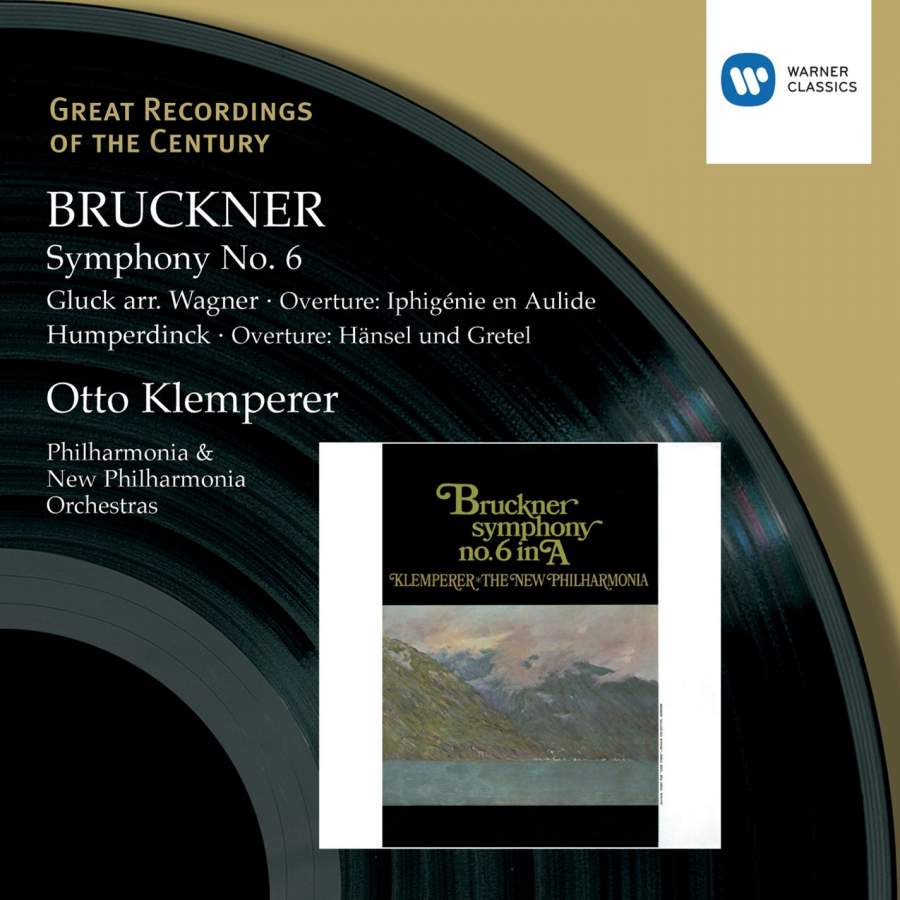
Symphony No 6
New Philharmonia / Otto Klemperer
(Warner Classics)
'Klemperer's approach to Bruckner is familiar to us by now-majestic, magisterial, magnificently architectural. The performance is a glorious one. The New Philharmonia are absolutely superb in every department, and Klemperer's comprehensive unfolding of Bruckner's far-ranging forms is as infallible as ever. The broad canvas of the opening movement is built up inexorably, so that the sudden eruption into the recapitulation is electrifying in its impact. The steadily tramping tempo for the fantastic scherzo seems to me exactly right, and the melting cadence-phrases in the echoing trio-section are treated with all the tenderness they call for. The flowing finale grows so inevitably under Klemperer's hands that for the first time I was untroubled by any formal problems of the movement - except at one point: at the start of the development section, the cellos' inversion of the main theme is submerged by the violins' countermelody, so that unless one listens very carefully, the music seems to have lost continuity through introducing a completely new theme at the most unexpected moment.' Deryck Cook (1965)
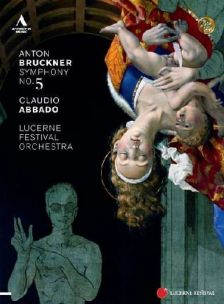
Symphony No 5
Lucerne Festival Orchestra / Claudio Abbado
(Accentus DVD)
'The sound is excellent, the camerawork sensitive and technically first-rate. Abbado himself is invariably the main focus of attention and he’s wonderful to watch: theatrical posing and outsize gestures are evidently foreign to his nature. What you see is clear cueing, a discernible beat and subtle facial responses. The players vary in age and appearance: no stiffening dress-code clamps down with unwarranted formality, just well-dressed men and women totally into the business of making great music. And boy, do they deliver!' Rob Cowan
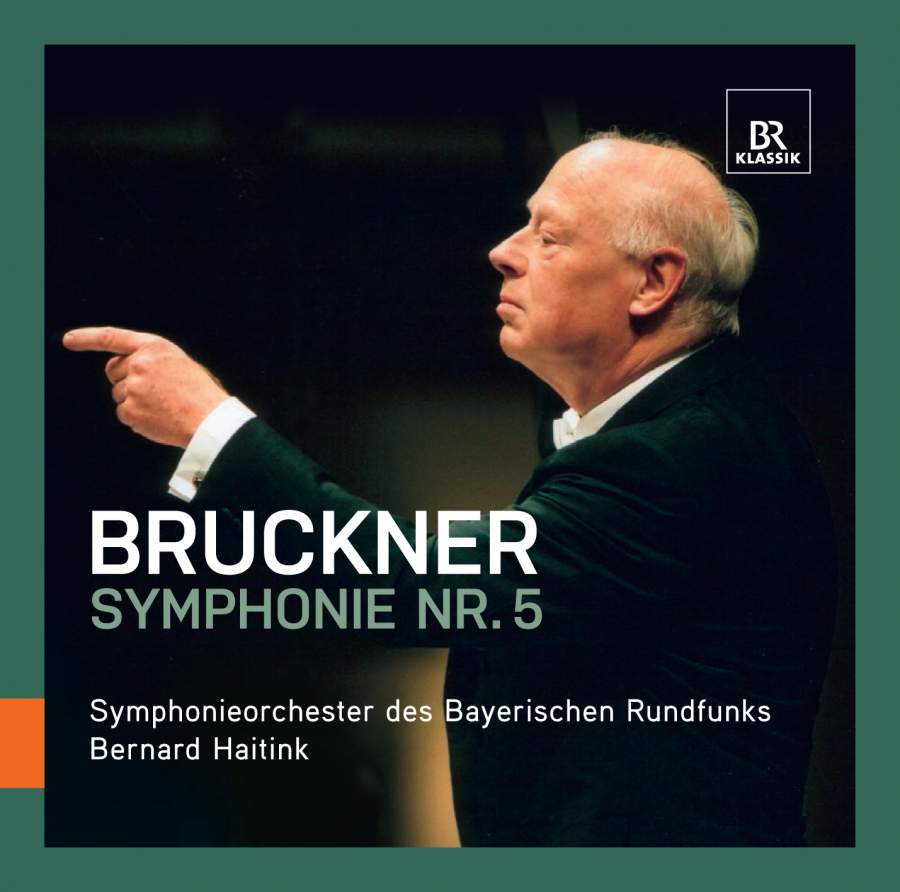
Symphony No 5
Bavarian Radio Symphony Orchestra / Bernard Haitink
(BR-Klassik)
'If you already have one or other of Haitink’s available Fifths, I wouldn’t necessarily advise swapping them for this one, though if you haven’t, the magnificent playing of the BRSO and BR-Klassik’s superb recording might tempt you to add what is in effect a major Bruckner interpretation to your collection.' Rob Cowan
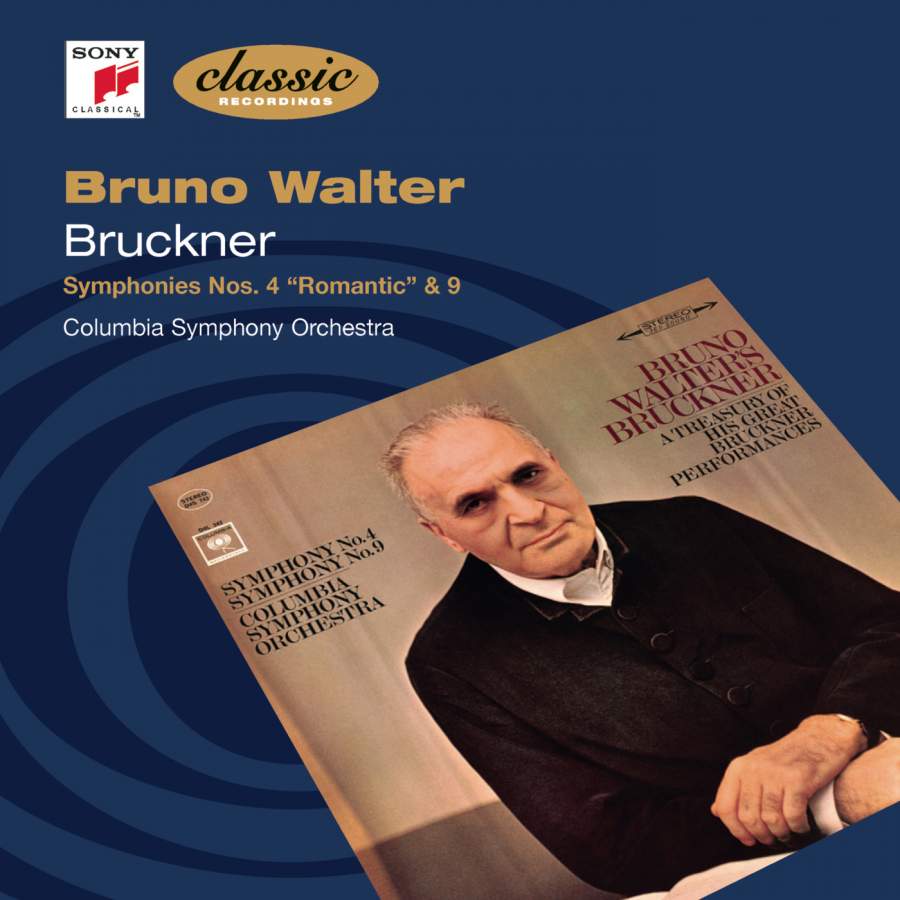
Symphony No 4
Columbia Symphony Orchestra / Bruno Walter
(Sony)
'Bruno Walter knew Bruckner's Vienna at first hand. After a lifetime absorbing the master's music, Walter bequeathed to posterity one of the most memorable of all recordings of this work: idiomatic, affectionate, and superbly directed.' RIchard Osborne
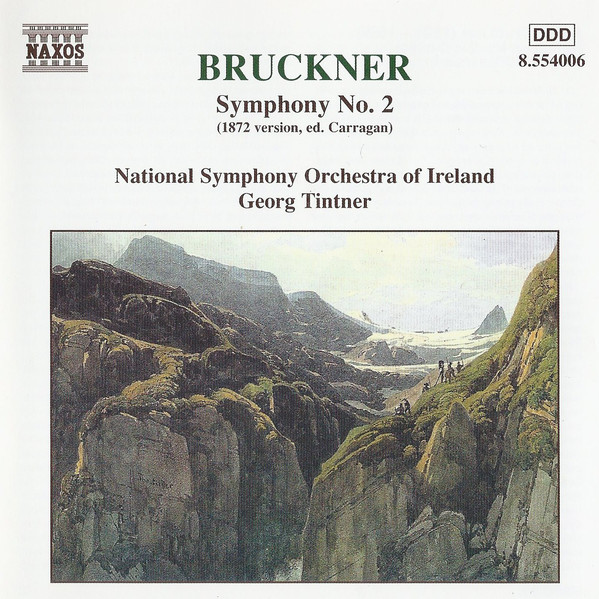
Symphony No 2
National Symphony Orchestra of Ireland / George Tintner
(Naxos)
'This is Bruckner conducting as it used to be practised by Carl Schuricht, whose recordings of the Fifth and Ninth Symphonies will be in many collections. There is also something reassuringly old-fashioned about the playing of the National Symphony Orchestra of Ireland. Make no mistake, it is a first-rate ensemble. The solo oboe-playing and ripe-toned bassoon first catch the attention; but the entire orchestra has the character of a well-to-do country cousin who is blessedly innocent of the more tiresome aspects of metropolitan life. An exceptional record.' Richard Osborne
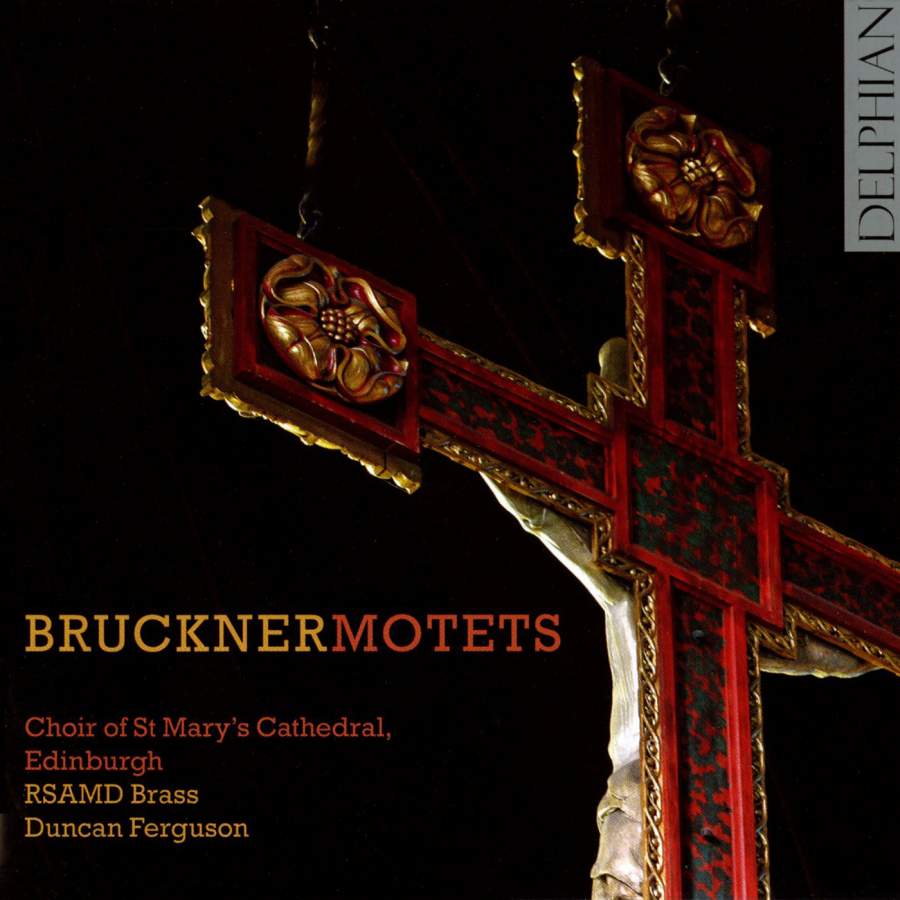
Motets
Choir of St Mary's Cathedral, Edinburgh; RSAMD Brass / Duncan Ferguson
(Delphian)
'From the austerity of the Libera me of 1854, through the symphonic breadth of the Ecce sacerdos (1885), to his last great motet, the Good Friday hymn Vexilla regis of 1892, we can but marvel at the abundant contrasts of texture, the “singability” of his vocal lines and the affirmation of the texts. Bruckner’s occasional use of trombones adds a weighty punch to several of the motets (the two non-vocal Aequale for three trombones is a bonus). The Edinburgh singers perform with a robust though polished fervour. Alto, tenor and bass lines are beyond reproach, while the mixed-sex treble line copes admirably with exposed writing. The recorded sound is first-class, capturing both voices and instruments (including some excellent organ-playing) with an engaging immediacy.' Malcolm Riley
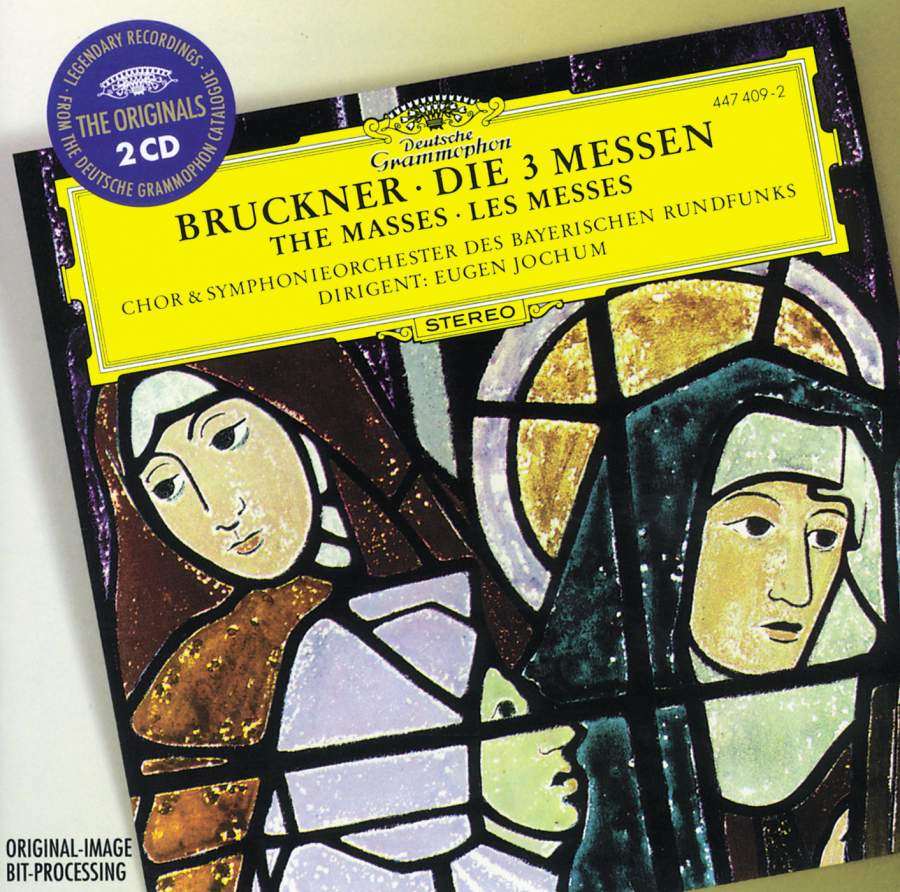
Masses Nos 1-3
Sols; Bavarian Radio Chorus and Symphony Orchestra / Eugen Jochum
(DG)
'Like Bruckner, Eugen Jochum came from a devout Catholic family and began his musical life as a church organist. He would have known the Mass texts more or less inside out, which explains why his readings focus not on the sung parts - which, for the most part, present the text in a relatively foursquare fashion - but on the orchestral writing which, given the gloriously full-bodied playing of the Bavarian orchestra, so lusciously illuminates familiar words. He approaches the Masses with many of the same ideas he so eloquently propounds in his recordings of the symphonies and the music unfolds with a measured, almost relaxed pace, which creates a sense of vast spaciousness. This can have its drawbacks; one is so entranced by the beautfully moulded orchestral introduction to the Benedictus from the D minor Mass that the entry of a rather full-throated Marga Schiml comes as a rude interruption. DG's digital transfers are extraordinarily good - they really do seem to have produced a sound which combines the warmth of the original LP with the clarity of detail we expect from CD.' Marc Rochester
